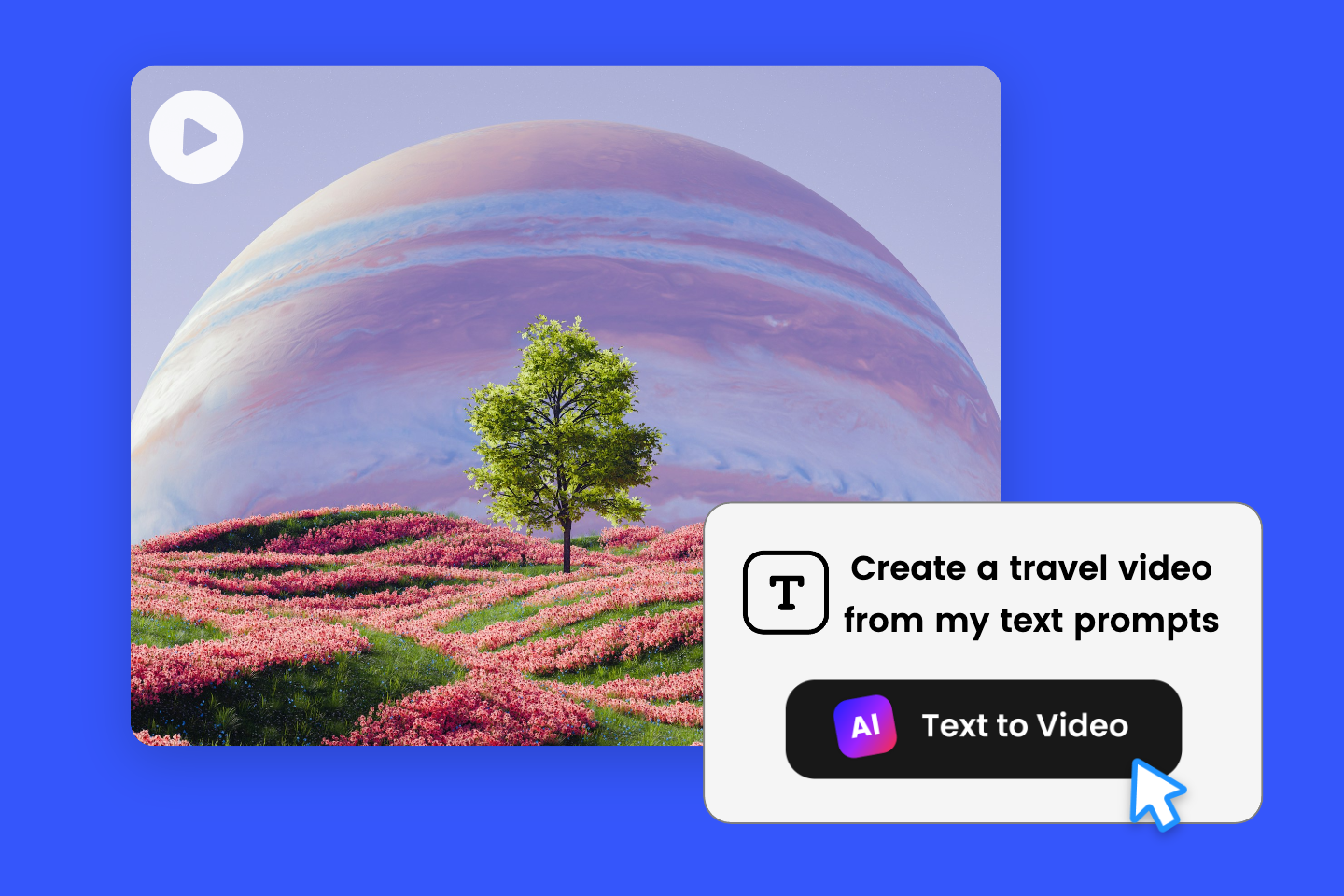Types of AI: Comprehensive Guide You Should Know in 2024
Summary: Learn about the essential types of Artificial Intelligence in 2024. Equip yourself with vital knowledge to stay ahead of the curve and anticipate the latest technological advancements!

Stands as the transformative force of the 21st century, Artificial Intelligence has reshaped our lives and became an integral part of our daily routines. To help you navigate this complex landscape, we've crafted this article to help you understand its different facets. Dive into this article of the types of Artificial Intelligence that breaks down the various stages and categories within the field.
Overview
- What is Artificial Intelligence?
- Functionality-Based Types of Artificial Intelligence
- Capability-Based Types of Artificial Intelligence
- Generative Artificial Intelligence
- Conclusion
- FAQs
What Is Artificial Intelligence?
Artificial Intelligence revolves around the creation of intelligent machines by processing extensive datasets. These systems gain insights from past experiences and training to execute tasks akin to human capabilities. AI not only enhances the speed, precision, and efficacy of human efforts but also empowers machines to autonomously make decisions.
Its foundation lies in the use of intricate algorithms and methodologies. At the heart of Artificial Intelligence lie Machine Learning and Deep Learning. They are serving as its fundamental building blocks.

Functionality-Based Types of Artificial Intelligence
Self-Aware AI
Self-Aware AI represents the pinnacle of AI development surpassing theory of mind by endowing machines with self-awareness. This concept often associated with the AI singularity and suggests machines could operate beyond human control, possessing not just empathy but a sense of self.
Limited Memory AI
Limited Memory A can store and utilize past data for predictions. It akins to short-term memory in humans. Utilizing deep learning, it mimics neural functions, allowing machines to learn from experiences and enhance action accuracy over time. This model dominates current AI applications from chatbots to self-driving cars.
Reactive Machine AI
Reactive Machine AI operates on immediate responses without the ability to retain memory or learn from past experiences. While proficient at handling basic autonomous functions like email filtering or recommending items based on shopping history, these systems lack the capacity for complex tasks or building upon previous knowledge.
Theory of Mind AI
Theory of Mind AI aims to imbue AI with the ability to perceive and interpret human emotions. It akins to human empathy. While still in developmental stages, this milestone could revolutionize AI's role but also poses challenges, such as the nuanced nature of emotional understanding and potential job automation.

Capability-Based Types of Artificial Intelligence
Artificial Superintelligence
Artificial Superintelligence (ASI) is often depicted in science fiction. It represents a theoretical pinnacle where AI surpasses human intelligence, learning and evolving at an exponential rate. ASI could potentially outperform humans in all areas and lay the groundwork for fully self-aware AI and autonomous robots. While it fuels speculation about AI takeovers, it remains a concept awaiting realization.
Narrow AI
Narrow AI, also known as Artificial Narrow Intelligence (ANI), specializes in specific tasks without independent learning capabilities beyond its design. These AI tools excel in singular cognitive tasks and leverags machine learning and neural network algorithms. Examples include natural language processing for voice commands, image recognition software, self-driving cars, and AI assistants.
Generative Artificial Intelligence
Text Generation
Text generation is a widely discussed application of AI. With chatbot models gaining popularity across various domains, it can do things from proofreading to code creation. Text generation is actually a prominent and versatile application of AI. It owns chatbot models leading the way in various domains due to their ability to understand and generate human-like text.
Image Generation
Image generation tools like Fotor AI Image Generator use AI to translate text prompts into visual representations. With access to vast datasets, these generators empower artists, content creators, and marketers to swiftly generate images aligned with their descriptions. Image generation tools utilize sophisticated machine learning algorithms to create images based on textual descriptions. Those algorithms include enerative adversarial networks (GANs) and variational autoencoders (VAEs) that learn from large datasets of images and their corresponding textual descriptions to understand the relationship between words and visual features.

Video Generation
Video generation AI integrates text, image, and sound generation. It can streamlines a variety of tasks like editing, captioning, resizing, and even generating new video content based on textual input. This multifaceted approach saves time for video producers and enhances creative flexibility. Today, numerous AI Video Generator tools are accessible, among which Fotor's AI Video Generator stands out as a prime example. Fotor's AI video generator also known as text video maker. It is a free converter powered by cutting-edge AI technology. The tool seamlessly translates text, prompts, words, and scripts into videos that tailored to the input it's provided with.

Sound Generation
AI music generators leverage extensive music datasets and metadata to produce new compositions based on recognized patterns in genres or artists' styles.
Conclusion
Above are the most common types of AI in 2024. We hope this article has provided you with a comprehensive understanding of the diverse types of artificial intelligence. If you're contemplating launching your career in Artificial Intelligence and Machine Learning, don't hesitate—just take the leap. Embracing this cutting-edge field opens doors to endless possibilities and opportunities for innovation!
FAQs
What are the 7 types of artificial intelligence?
Artificial intelligence (AI) can be categorized into seven distinct types:Narrow AI, also known as artificial narrow intelligence (ANI)
- General AI, or artificial general intelligence (AGI)
- Super AI, or artificial superintelligence (ASI)
- Reactive machines
- Limited memory systems
- Theory of mind
- Self-aware AI
What is an AI model?
An AI model serves as a mathematical framework employed to forecast outcomes or make decisions. Several prevalent types of AI models include Linear regression, Logistic regression, Decision trees and Neural networks.










